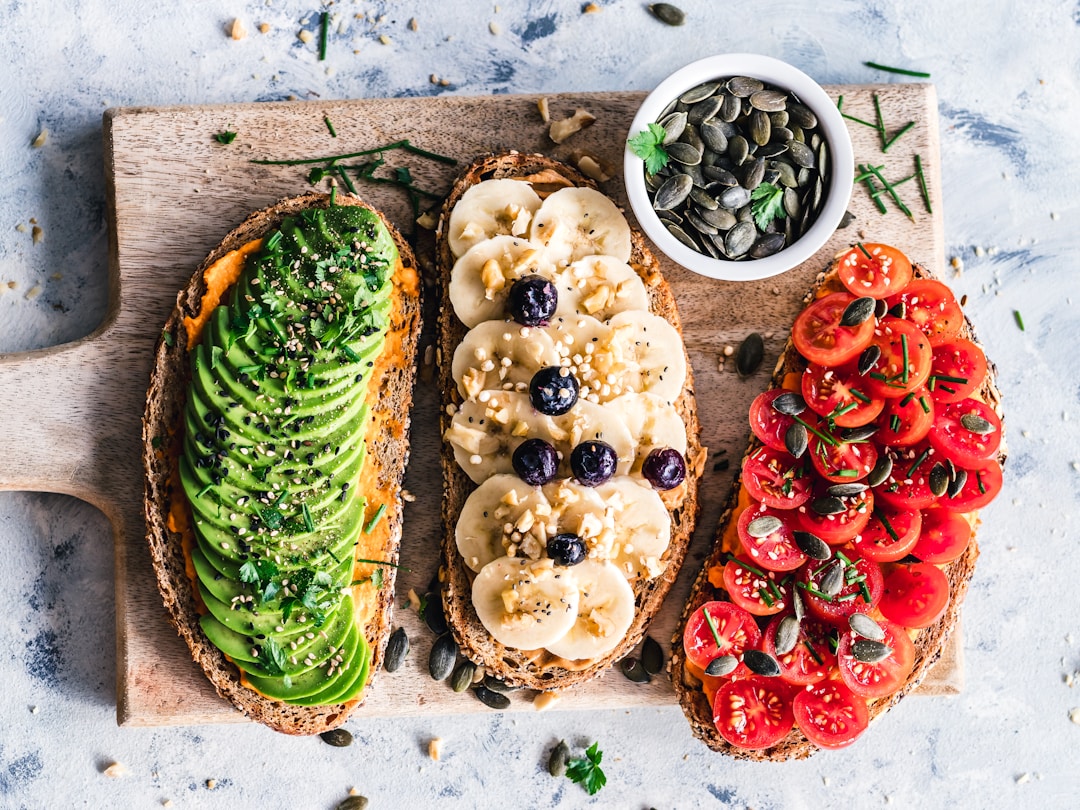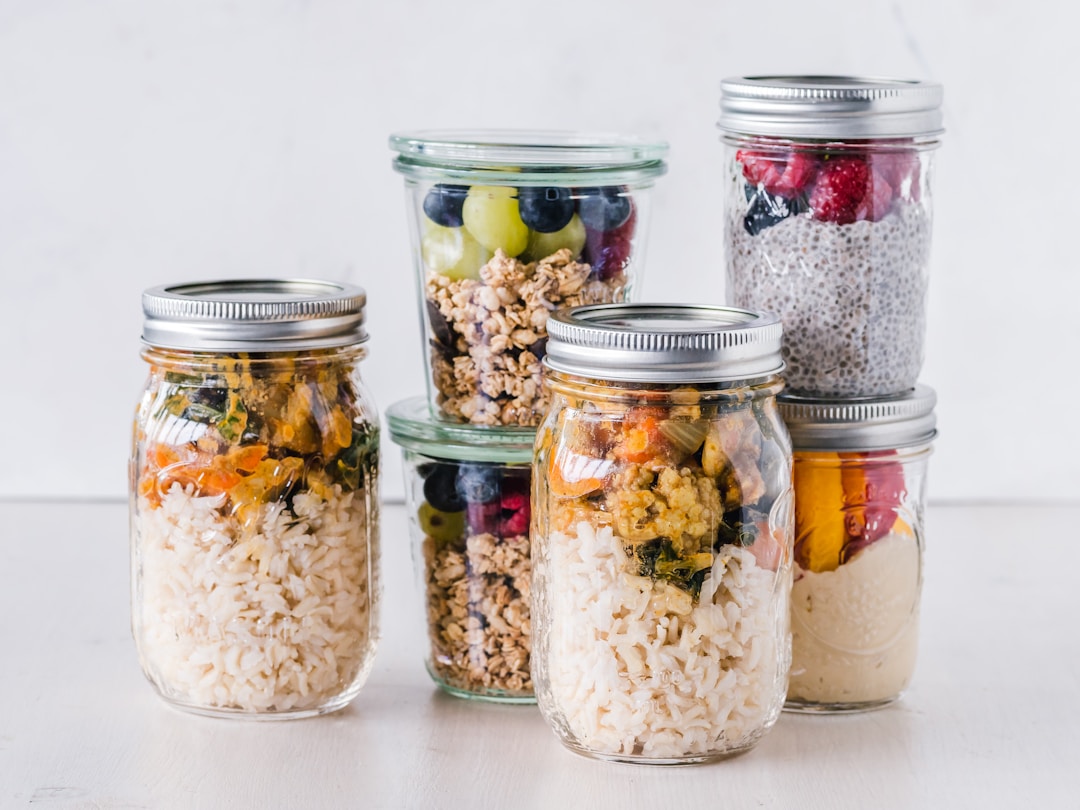As more people become conscious of the environmental and ethical impacts of their dietary choices, many have opted to follow a plant-based or vegan lifestyle. Navigating the world of fitness nutrition can be challenging for those who have made the decision to live without animal-derived products. In this article, you will find useful tips specifically for vegans to ensure that their fitness and nutrition needs are met for optimum results. Keep reading to learn how to achieve your fitness goals while maintaining a vegan lifestyle.
Understanding Your Macronutrient Needs
With proper planning and education, you can easily achieve your fitness goals while ensuring a balanced macronutrient intake. Macronutrients include carbohydrates, proteins, and fats, which provide energy and numerous essential functions for the body:
- Carbohydrates are important for maintaining energy levels during workouts and should make up a significant portion of your daily caloric intake. High-quality starches, fruits, and vegetables are all excellent sources of carbohydrates.
- Protein plays a crucial role in muscle repair and growth, so athletes on a plant-based diet should pay particular attention to their protein sources. Beans, lentils, tofu, and tempeh are all great choices for plant-based protein.
- Healthy fats such as those found in avocados, nuts, seeds, and olive oil should not be neglected. Fats provide essential fatty acids, aid in vitamin absorption, and contribute to hormone production. Including these healthy fats in your diet will help enhance athletic performance and overall health.
PRO TIP: Protein is vital for muscle recovery and growth, and essential for anyone who exercises regularly. You might find it challenging to meet your protein needs from whole food sources alone. Therefore, taking plant-based protein supplements, such as from the High Impact plant protein supplement brand, can play a critical role in achieving the right protein intake for your fitness needs. These supplements are often made from peas, hemp, rice, and other plant foods, offering a concentrated protein source that's easy to incorporate into your daily diet.
Supplements & Vitamins
Many vegans may be at risk of deficiencies in nutrients like iron, zinc, calcium, iodine, and vitamins B12 and D, which are often more abundant in animal products. Iron, for example, is critical for oxygen transportation in the body, while calcium and vitamin D are needed for bone health. B12 is essential for nerve function and the production of red blood cells, and its deficiency can lead to serious health problems. You may need to rely on fortified foods or supplements to meet your needs for these nutrients.
Adapting Your Diet to Your Health Condition and Fitness Goals

It's crucial to understand that the dietary approach that works best for one person might not be ideal for another. Your health condition, metabolic rate, physical activity level, fitness goals, and personal food preferences all play significant roles in determining what your diet should look like.
For instance, if you have a health concern like diabetes, you might need to pay extra attention to your carbohydrate intake and choose high-fiber foods that won't spike your blood sugar levels. If your fitness goal is muscle growth, your protein needs will be higher than if you're simply aiming to maintain your current fitness level. By tailoring your diet to your unique circumstances, you'll be better equipped to support your health and fitness goals.
Planning and Preparing Meals
Without a doubt, planning and preparing your meals in advance can be an effective way to ensure that your diet meets all your fitness and nutrition needs. Rather than leaving things to chance, take the time each week to plan out your plant-based meals, making sure to include a balance of protein, carbohydrates, and fats, as well as a variety of fruits and vegetables. By preparing meals in advance, you can also ensure that you have nutritious, fitness-friendly options ready to go when you need them, helping you avoid resorting to less healthy choices when you're short on time or energy.
Utilizing the Power of Variety
Incorporating a wide variety of foods into your diet is not just about keeping your meals interesting and tasty. Different plant foods come with their unique nutrient profiles, so by eating a broad range of them, you're more likely to cover all your nutritional bases. Try to rotate your protein sources, vary the types of fruits and vegetables you eat, and mix up your choices of whole grains, legumes, and healthy fats.
Tracking Your Progress
Monitoring your nutrition, exercise performance, and body composition can help you make informed decisions about your plant-based fitness nutrition plan. Regularly tracking your food intake, energy levels, and recovery progress will provide valuable data on what is working well and what may need to be adjusted. This can be done using apps, food diaries, or simply taking notes on your physical and mental well-being.
Pay attention to changes in mood, exercise performance, and body composition. This will help you tweak your fitness nutrition plan as needed to reach your desired goals. Remember to be patient with yourself; adopting a plant-based lifestyle often requires some trial and error to find the best nutritional strategies for your unique needs.
It's also important to celebrate your successes along your fitness journey, whether that's achieving a personal best in the gym or discovering a delicious new plant-based recipe. This can help to keep you motivated and focused on your ultimate fitness goals.
Seeking Professional Guidance

Consider working with a plant-based nutritionist or registered dietitian as you navigate your fitness journey. These experts can help you build a nutrition plan tailored to your individual needs, including any pre-existing health conditions or concerns. Additionally, they can help to ensure that you're meeting all of your nutrient requirements and achieving the right balance for optimal fitness performance.
A qualified personal trainer or coach can also provide guidance on exercise programming, form, and techniques. They can work closely with you to develop a customized training plan that aligns with both your fitness goals and your lifestyle. This collaboration can provide you with valuable resources and support as you strive for athletic excellence on a plant-based diet.
By investing in professional guidance, you're more likely to avoid common pitfalls and reach your fitness and health goals faster and more efficiently.
Staying Motivated and Inspired
Finding inspiration and motivation within the vegan fitness community can help you stay on track and committed to your goals. Connect with like-minded individuals through social media, online forums, or local meetups. Sharing your experiences and learning from others can be both empowering and educational.
Experiment with new plant-based recipes, workout routines, and self-care practices to maintain enthusiasm and prevent boredom. Constantly challenging yourself and embracing new experiences will push you toward greater personal growth and success in both your fitness and vegan lifestyle journeys.
Remember your reasons for choosing a vegan lifestyle, whether it's for health, ethical, or environmental reasons. Staying true to your values and knowing that your choices are positively impacting the world can provide ongoing motivation to maintain your commitment to a plant-based diet and active lifestyle.
Overall, achieving fitness success on a vegan diet requires a comprehensive understanding of your nutrition needs, careful planning, and strong determination. By implementing the tips provided in this article, you can optimize your athletic performance while staying true to your plant-based values.






